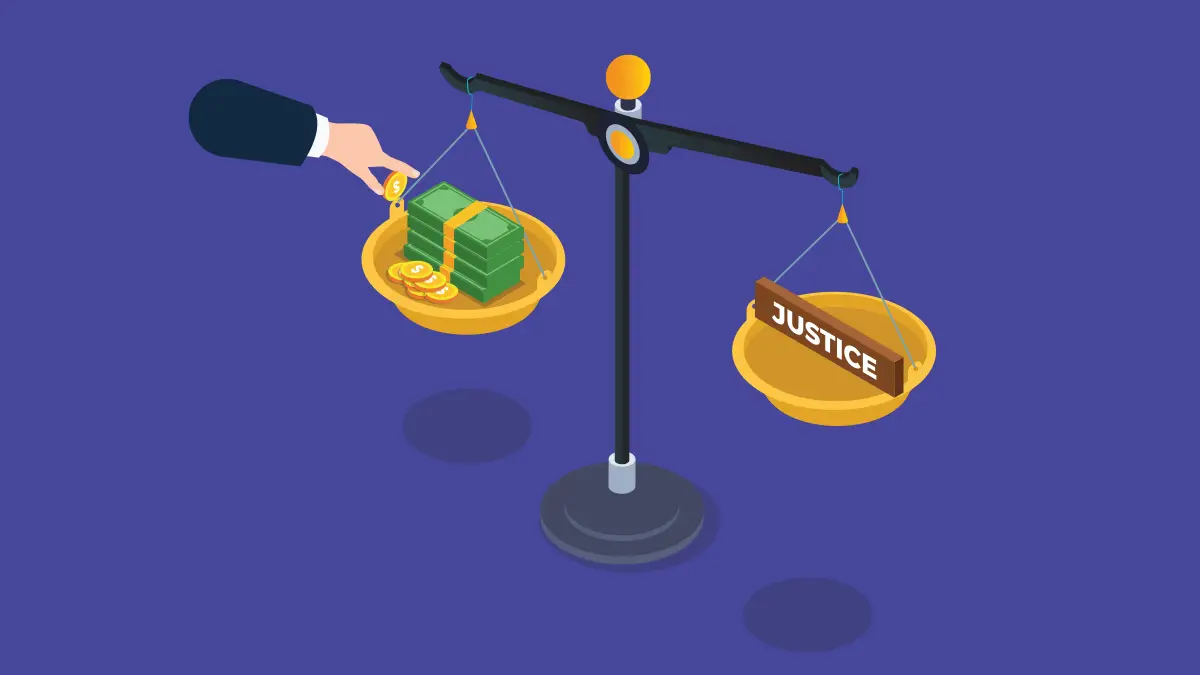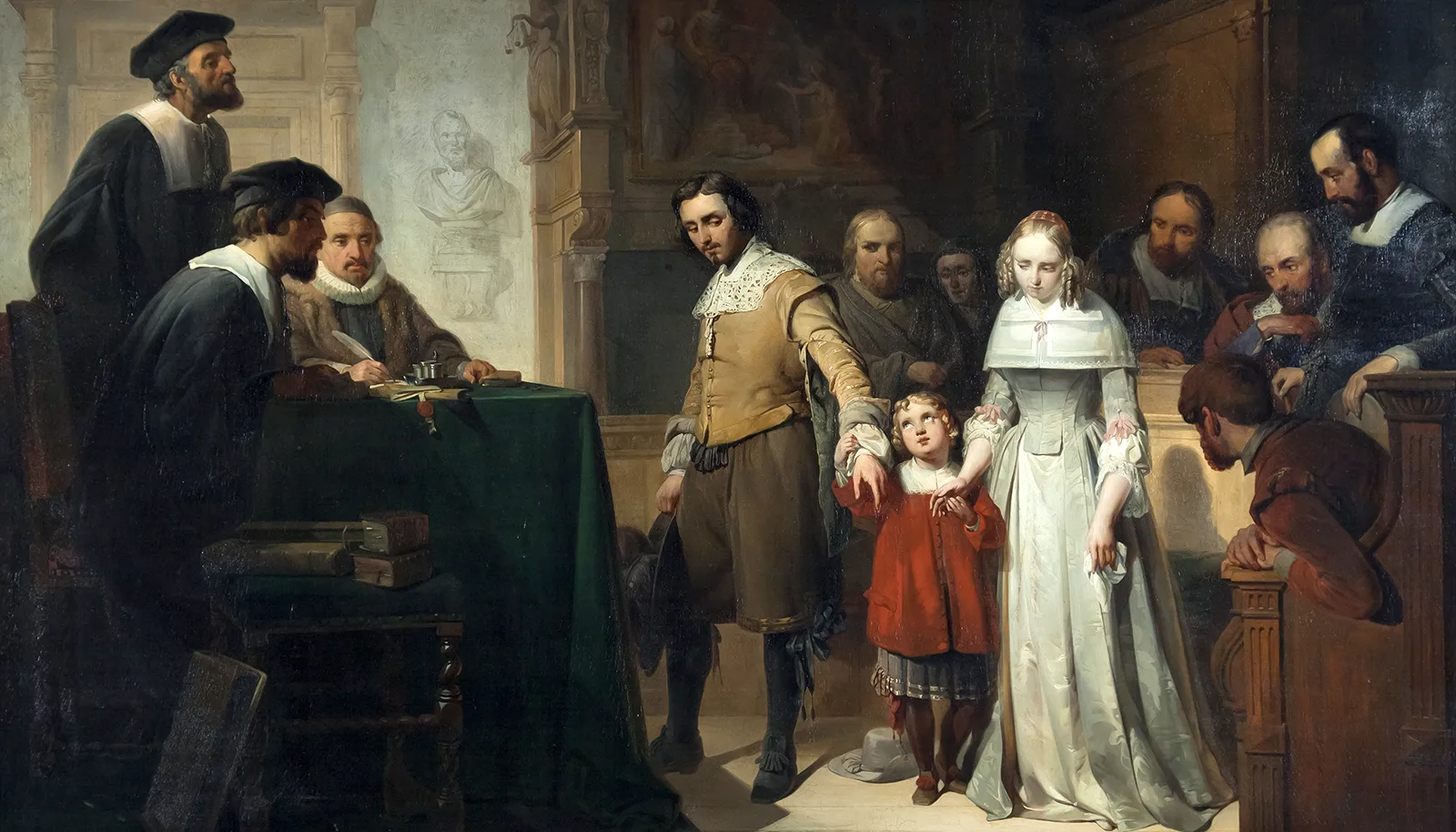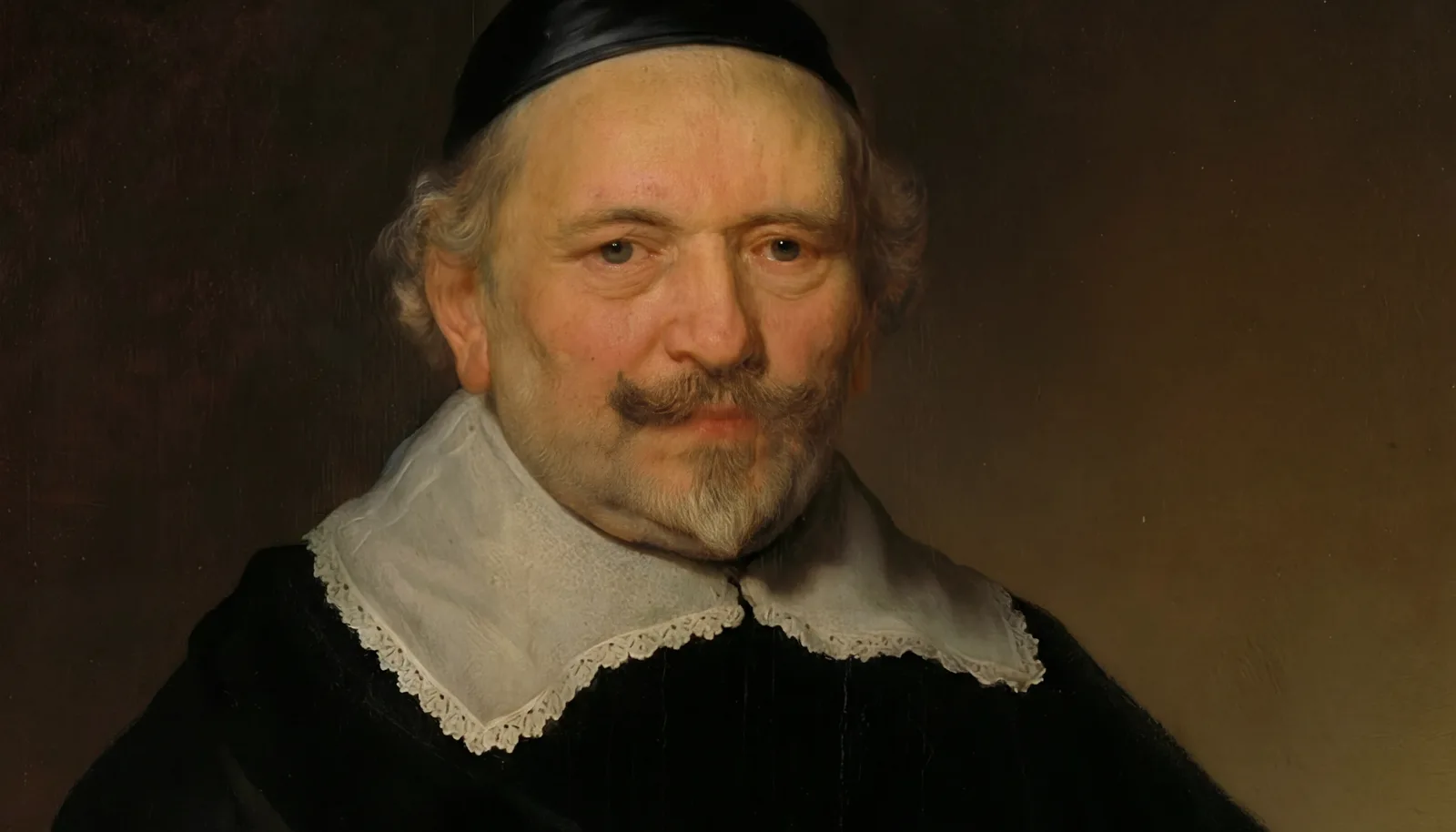
In the Netherlands the cost of a legal case varies depending on the type of proceedings. Court fees are often required. If you hire a lawyer, you will need to cover their fees, although legal aid may be available to those who qualify.
Key Points
- Legal proceedings in the Netherlands can involve significant financial costs.
- For legal entities, court fees for claims exceeding €100,000 are set at €6,617 in 2024.
- Legal costs and fees depend on the type of proceedings and the parties involved.
- The losing party in a case is usually required to cover part of the costs, determined by a specific formula.
- Opting for alternative dispute resolution methods, such as mediation, can help minimize court-related expenses.
Overview of Dutch Court Fees
Enclosed is a comprehensive list of civil court fees in the Netherlands for 2024. This overview provides detailed information about all applicable fees, excluding those for the Netherlands Commercial Court (NCC).
Tariffs Dutch Court Fees 2024
Civil Law (family, trade, simplified cases), Bankruptcy Proceedings
- Goods of undetermined value (including petitions for a prejudgment attachment):
- Non-natural persons: €688
- Natural persons: €320
- Insolvent persons: €87
- Claims/requests not exceeding €100,000:
- Non-natural persons: €2,889
- Natural persons: €1,325
- Insolvent persons: €87
- Claims/requests between €100,000 and €1,000,000:
- Non-natural persons: €6,617
- Natural persons: €2,626
- Insolvent persons: €87
- Claims/requests exceeding €1,000,000:
- Non-natural persons: €9,825
- Natural persons: €2,626
- Insolvent persons: €87
- Deposit of first distribution list or upon final judgment approving composition (paid by trustee from estate assets):
- Non-natural persons: €768
- Natural persons: €768
- Insolvent persons: €768
Deeds (including depositions, arbitral awards, general conditions):
- Deed of succession:
- Fee: €155
- No fee applies if the heir or legal representative submits a declaration of low income as per Article 2 of the Legal Aid Contribution Decree.
- Apostille/legalisation:
- Fee: €25 (applies to all categories)
- Public registry actions:
- Entry/change of marriage or partnership conditions: €232
- Registration of renouncement of matrimonial property: €155
- Registration of termination of partnership: €155
Understanding Legal Proceedings Costs in the Netherlands
The costs associated with legal proceedings in the Netherlands, including court fees, lawyers’ fees, and other expenses, can have a significant financial impact on individuals and legal entities involved. These costs vary depending on the type of proceedings and the parties involved.
In civil proceedings, expenses include lawyer and mediator fees, bailiffs’ fees, and court-imposed legal costs. Additional costs may arise from engaging witnesses and experts. For certain cases, such as divorce proceedings, Dutch law mandates hiring a lawyer, further increasing expenses.
Court fees, which must be paid upfront for district court proceedings, vary depending on the monetary stakes of the case. If the claimant prevails, the losing party typically pays the court and bailiff fees along with part of the lawyers’ fees. Conversely, a losing claimant might be liable for the opposing party’s costs.
Understanding these costs is essential for individuals and legal entities considering litigation in the Netherlands. It can help them evaluate the financial implications and explore alternatives like mediation to resolve disputes more cost-effectively.
Classifying Costs by Type of Legal Proceedings in the Netherlands
Legal costs in the Netherlands differ significantly based on the type of proceedings — administrative, civil, or criminal — each with distinct financial implications due to the unique requirements and complexities involved.
- Administrative Proceedings: Court fees apply, but hiring a lawyer is optional.
- Civil Proceedings: Costs include court fees, lawyer fees, and potential additional expenses, such as expert witness fees or bailiff services.
- Criminal Proceedings: Accused individuals are not required to pay court fees.
Additional Considerations
- Alternative Conflict Resolution: Mediation and similar methods can reduce the need for court proceedings, lowering costs.
- Government Contributions: In specific situations, the government provides financial assistance for court and legal fees, depending on income and assets.
Expenses in Dutch Civil Proceedings
Engaging in Dutch civil proceedings requires anticipating a range of costs, including court fees, lawyer fees, and other potential expenses. The total cost varies depending on the type of proceeding and its complexity. While hiring a lawyer is not mandatory for subdistrict court cases, it is strongly recommended due to the complexity of legal processes. In most other proceedings, hiring a lawyer is mandatory, except in certain summary proceedings where self-representation is allowed.
Court fees are an additional cost determined by the financial interests involved in the case. These fees differ for individuals and legal entities. Typically, the losing party bears these expenses, which may include court fees, bailiff fees, and a capped portion of the opposing party’s lawyer fees. However, if the claimant loses, they might also have to cover the other party’s costs.
Costs associated with witnesses and experts, such as their fees and travel expenses, must also be accounted for. Understanding these expenses is critical for anyone preparing to navigate legal disputes in the Netherlands.
Dutch Lawyers and Bailiff Fees
The fees for lawyers and bailiffs in the Netherlands can significantly influence the overall cost of legal proceedings. Lawyer fees are usually charged on an hourly basis, with rates varying depending on the lawyer’s experience, specialization, and the complexity of the case. Similarly, bailiff fees depend on the nature of their actions and the amount of the claim.
Legal costs, including court fees, are typically borne by the losing party, but in some cases, the winning party may recover a capped portion of their lawyer fees. Certain individuals may qualify for government contributions toward their legal costs based on their income and assets. Understanding the breakdown of these fees is essential for effective financial planning in Dutch legal disputes.
The Influence of Court Fees in the Netherlands
Court fees play a significant role in determining the overall expenses of legal proceedings in the Netherlands, varying based on the type of case and the interests involved. These fees can impose a substantial financial burden on both individuals and legal entities. In administrative law cases, court fees are mandatory, while civil law proceedings include additional costs such as lawyers’ fees. In contrast, criminal cases do not require court fees, offering some financial relief to those involved.
Dutch lawyers generally charge hourly rates, which can vary significantly depending on their expertise and the complexity of the case. To provide some level of predictability, lawyers are required to estimate the time they expect to dedicate to a case. The Dutch legal system follows a “loser pays” principle, meaning the losing party typically covers all costs, including court and lawyers’ fees. For a losing claimant, this could mean bearing the defendant’s costs, adding to the financial strain of litigation.
Understanding these factors is essential for anyone involved in or considering legal action in the Netherlands, as court fees and associated costs can significantly affect the financial outcome of a case.
Witness and Expert Expenses in the Netherlands
In addition to court and lawyer fees, another significant factor contributing to the overall legal costs in the Netherlands is the expenses incurred by witnesses and experts involved in legal proceedings. These costs are governed by specific regulations in both civil and criminal law cases.
Several important points to consider include:
- In civil law proceedings, witnesses and experts may need to cover their own travel and accommodation expenses.
- Professionals such as doctors and accountants charge unsubsidized hourly rates for their services.
- Unlike civil law cases, witnesses in criminal proceedings can be compelled to testify without charge.
- In civil cases, the court cannot compel witnesses to testify, and they are responsible for their own expenses.
- In some situations, the Dutch government may subsidize court fees and legal costs based on an individual’s income and assets.
These additional expenses for witnesses and experts can significantly increase the total cost of legal proceedings in the Netherlands, making it crucial to factor them into the overall financial considerations when engaging in legal action.
Eligibility for Cost Contribution
In the Dutch legal system, the government may offer financial assistance to eligible individuals to help cover court and lawyer or mediator fees, reducing the financial burden of legal proceedings. This assistance, known as legal aid, is av_ailable under certain conditions.
Eligibility for legal aid is determined by an individual’s income and assets, aiming to support those with limited financial means in pursuing or defending legal cases. Legal aid is typically available for a variety of legal matters, such as contract disputes and debt collection.
However, it’s important to note that legal aid generally does not cover costs incurred by the opposing party. If the claimant loses the case, they may be required to pay the other party’s costs, including lawyer fees and court fees.
| Criteria for Legal Aid | Description |
| Income and assets | Determined based on the applicant’s financial situation |
| Legal issue | Applicable to various legal issues including contract law and debt collection |
| Coverage | Does not cover the other party’s costs |
| Losing a case | Claimant may need to pay the other party’s costs |
Netherlands Commercial Court Fees
In addition to general legal costs and potential cost contributions in Dutch proceedings, it’s important to focus on the fees associated with cases handled by the Netherlands Commercial Court (NCC) and the Netherlands Commercial Court Appeals (NCCA). Specializing in complex international commercial disputes, the NCC and NCCA impose significantly higher court fees compared to typical Dutch legal proceedings. These elevated fees reflect the specialized nature and complexity of the cases they handle.
Cost usually include such items as:
- the court fee
- lawyers’ fee
- costs of service of the initiating document on the defendant
- court reporters’ fee
- fees or expenses for witnesses or experts
Court fee:
The NCC charges an upfront flat fee depending on where the action is initiated. The rates for 2022 and 2023 are:
| NCC District Court | € 15.856 per party |
| Court in Summary Proceedings | € 7.928 per party |
| NCC Court of Appeal | € 21.141 per party |
| Court in Summary Proceedings (on appeal) | € 10.571 per party |
These fees are not related to what the case is about or how much money is claimed. Moreover, special rules may apply where more than one party is represented by the same lawyer and submits the same arguments. The court fee must be paid within 4 weeks in accordance with the statutory time limit. Where a party fails to comply, the court will, having heard the respective party’s view, impose a sanction, such as dismissal of the case.
Attorney Charging Practices in the Netherlands
Understanding attorney charging practices in the Netherlands is essential for navigating the country’s legal system effectively. Dutch attorneys generally charge fees based on hourly rates, which can vary widely depending on the lawyer’s expertise, experience, and the complexity of the case. At the outset of proceedings, clients can typically request a transparent estimate of the expected time and costs involved.
In some cases, such as divorce proceedings, hiring an attorney is mandatory. For subdistrict court cases, legal representation is not required but often advisable due to the complexity of the issues. For commercial disputes handled by the Netherlands Commercial Court (NCC) or its appellate branch (NCCA), additional court fees are applicable, further influencing the financial implications of legal counsel.
Under Dutch law, the general rule is that the losing party is responsible for the legal costs, but exceptions can apply, and cost compensation may be sought under specific conditions. Additionally, individuals with limited financial resources may qualify for government contributions toward court and attorney fees, depending on their income and assets.
Role and Expenses of a Bailiff
Bailiffs play a pivotal role in civil proceedings in the Netherlands, performing essential tasks such as delivering court notifications, serving protests, and handling enforcement documents. These services are integral to the judicial process but come with distinct fees.
Bailiffs are central to civil litigation, with their duties extending beyond serving writs to include recovering claims. Their fees, much like those of lawyers, vary depending on the complexity of the case and are crucial for the effective functioning of the legal system. For example, in summons proceedings, the claimant is responsible for the bailiff’s fee for summoning the defendant, which is €98.01 (including VAT). As per the “loser pays” principle in Dutch law, the losing party generally bears these costs, alongside court fees and potentially capped lawyers’ fees.
Debt Collection in the Netherlands: Special Provisions
Debt collection in the Netherlands is governed by specific legal provisions designed to streamline the process while safeguarding the rights of all parties. Costs associated with debt collection depend on the complexity and nature of the case, as well as the legal steps required. Typically, these costs include court fees, bailiff fees, and fees for lawyers or mediators.
The “loser pays” principle also applies to debt collection cases, meaning that the losing party is usually liable for court fees, bailiff fees, and part of the winning party’s legal fees. However, exceptions exist, and courts may decide to partially or fully adjust the cost allocation in certain cases.
Post-Victory Costs Determined by the Court
Following a court victory in the Netherlands, the judge may determine specific costs that the losing party must pay. This process, governed by the Dutch legal system and its cost guidelines, often involves various expenses.
Under Article 327 of the Dutch Code of Civil Procedure, the court can decide to compensate these costs either fully or partially. Typically, the losing party is held responsible for a substantial portion of the financial burden.
The costs determined by the court may include compensation for court fees, which depend on the stakes of the case, bailiffs’ costs, usually covered entirely by the losing party, and lawyers’ fees, which are awarded at a capped rate. If the claimant loses, they may also be required to pay the defendant’s expenses. However, the court has the discretion to adjust the cost allocation, either fully or partially. Overall, these post-victory costs can have a significant financial impact on both parties, underscoring the complexity and high stakes involved in navigating the Dutch legal system.
Conclusion
Understanding the Dutch legal cost system is essential for anyone engaging in legal proceedings within this jurisdiction. The expenses can vary significantly based on the complexity of the case, the court involved, and the parties’ roles. A distinctive feature of the Dutch system is the “loser pays” principle, where the losing party typically bears most of the costs. However, with a thorough grasp of the structure and implications of legal fees, individuals can approach the system more effectively and make informed, strategic decisions.






